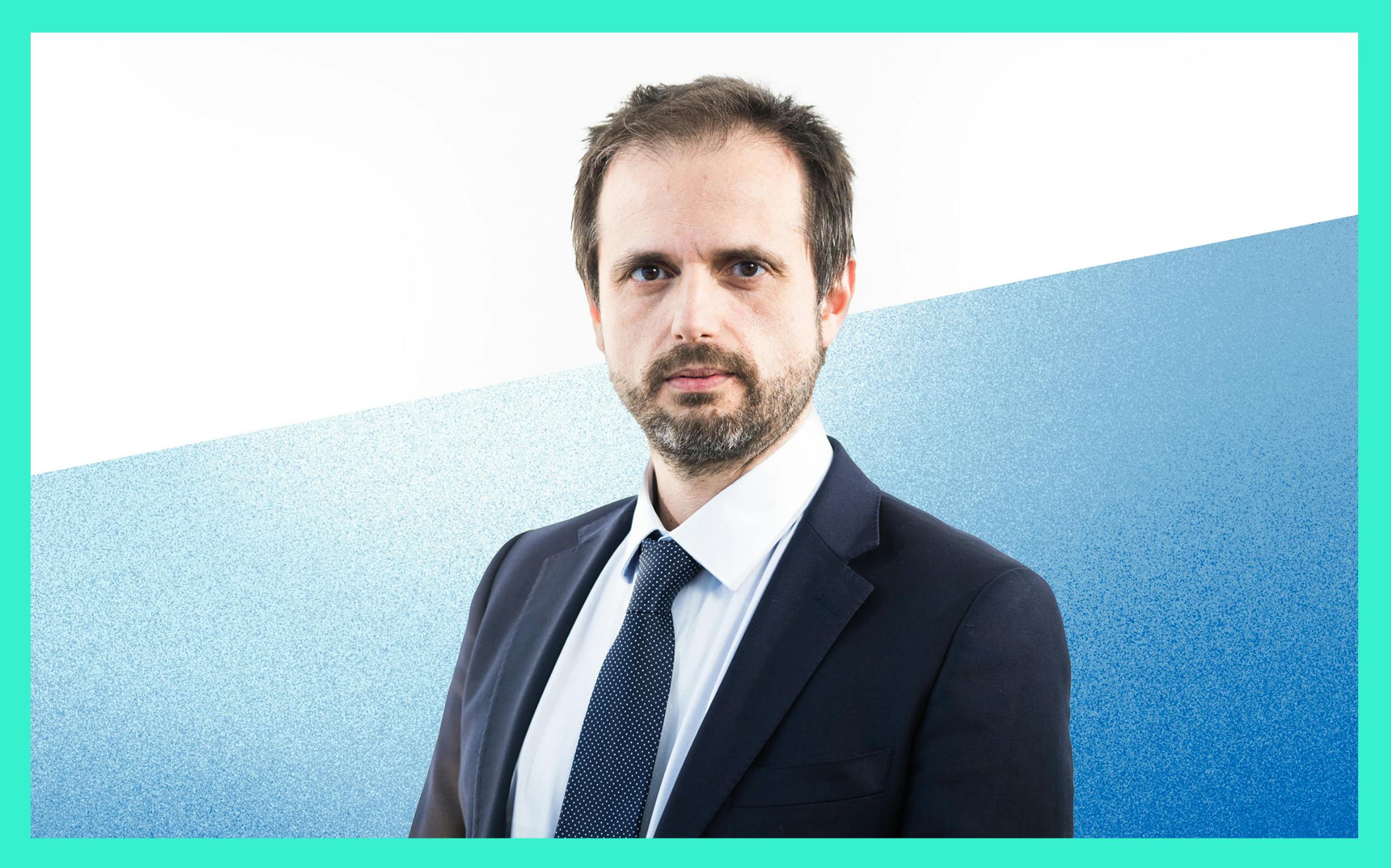Harry Lykostratis (Founder, CEO & Lead Software Engineer, Open Medical)
Harry is an orthopedic surgeon and the founder of Open Medical, a UK-based health tech company. With a passion for software development from a young age, he created a digital solution to solve a problem at his practice, which quickly gained popularity among healthcare organizations. As the CEO and Lead Engineer of Open Medical, Harry now develops and sells software solutions for healthcare departments, hospitals, and even entire regions.

Can you explain your job to a five-year-old?
Half of the time, my job is to write computer language, and the other half is to talk to a lot of people.
But more specifically, my job is to make the lives of doctors easier, and the lives of patients safer. It also involves ensuring that those I work with have a secure environment for professional growth and get better at their jobs every day.
What excites you most about your job?
Tackling difficult engineering problems.
I’m a software developer. My job is to create. However, there’s a difference between developing and engineering. Both sides involve building, but there is a fundamental difference in their approach. Developing focuses on envisioning how things should work, while engineering starts by considering what could go wrong. The engineering part is about willingly embracing the element of risk, whereas developing begins with a desired outcome in mind.
So for me, the most captivating aspect of my job is delving into the potential risks and devising strategies to minimize them—problem-solving.
Which trend will change the future of medicine?
The growing healthcare consumption coupled with demographic shifts in the population is leading to a potential accessibility and rationing issue. This, unfortunately, could become a prevalent trend.
However, there's also a silver lining of sorts in this situation: the emergence of value-based healthcare. This approach is about measuring and rewarding the value of the care provided to patients, focusing on outcomes rather than efforts.
In essence, the trend towards value-based care could help mitigate the issue of rising healthcare consumption. It will encourage us to reconsider our perspectives on aspects such as outcomes, value, finances, and insurance. This could indeed mark a significant shift in our healthcare system.
Looking back, which trends have you missed or underestimated?
The healthcare sector is traditionally cautious, so trends in this industry, particularly in the realm of public health digital initiatives, tend to emerge slowly.
It's not so much about missing or underestimating trends, but rather being too quick to jump on the newest trend without careful thought. Take AI, for instance; it's often pursued without properly identifying the problem it's meant to solve. AI is a tool, and its application should be based on a specific need rather than being the initial focus.
The truly significant trends aren't overlooked because they emerge gradually, they're substantial, and they're evident. The ones that we supposedly 'miss' aren't genuine trends; they're more like the flavor of the month.
Which MedTech initiative or startup deserves more attention?
Interoperability standards and the enforcement of open APIs at an institutional level deserve more attention.
The reasons for this are manifold but are chiefly centered around data lock-in. This is when users are unable to move their data freely from one service to another due to the absence of standardized formats or interfaces. It prevents hospitals and health professionals from migrating their health data effortlessly to the best solution for their operations and patients. It also restricts the fluidity of data exchange and hampers the growth of a truly interconnected and interoperable digital healthcare ecosystem.
Open APIs are a key to tackling this issue. They provide a common language and a set of rules that allow different software applications to communicate with each other. By enforcing the use of open APIs, institutions can promote a more collaborative and inclusive digital environment, which undoubtedly will improve patient care.
Where would you put a million dollars?
In my opinion, the most profound impact one can achieve in healthcare with a million dollars is through patient and public education.
An informed patient is an empowered patient. By arming the public with accurate, accessible, and actionable health information, we can facilitate informed decision-making, promote better health outcomes, and help to prevent serious diseases. This would not only transform the behavior of health consumers but also serve as a fundamental step towards reforming health services.
What's the best advice you've ever received?
“To be fearful when others are greedy and to be greedy only when others are fearful.”
This is sound business advice. It essentially recommends adopting a conservative stance when there is an excess of excitement or hype. This heightened enthusiasm often triggers inflation and deception. However, when others are cautious and restrained, it’s an optimal time to make bold moves and capture a larger market share.